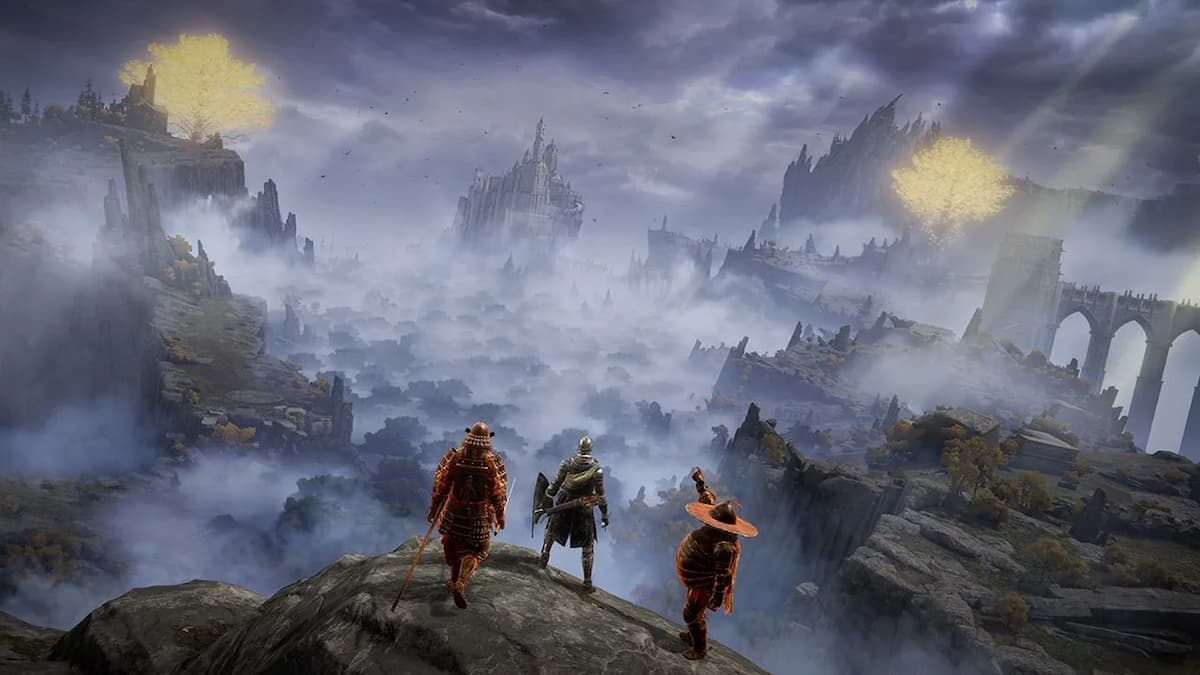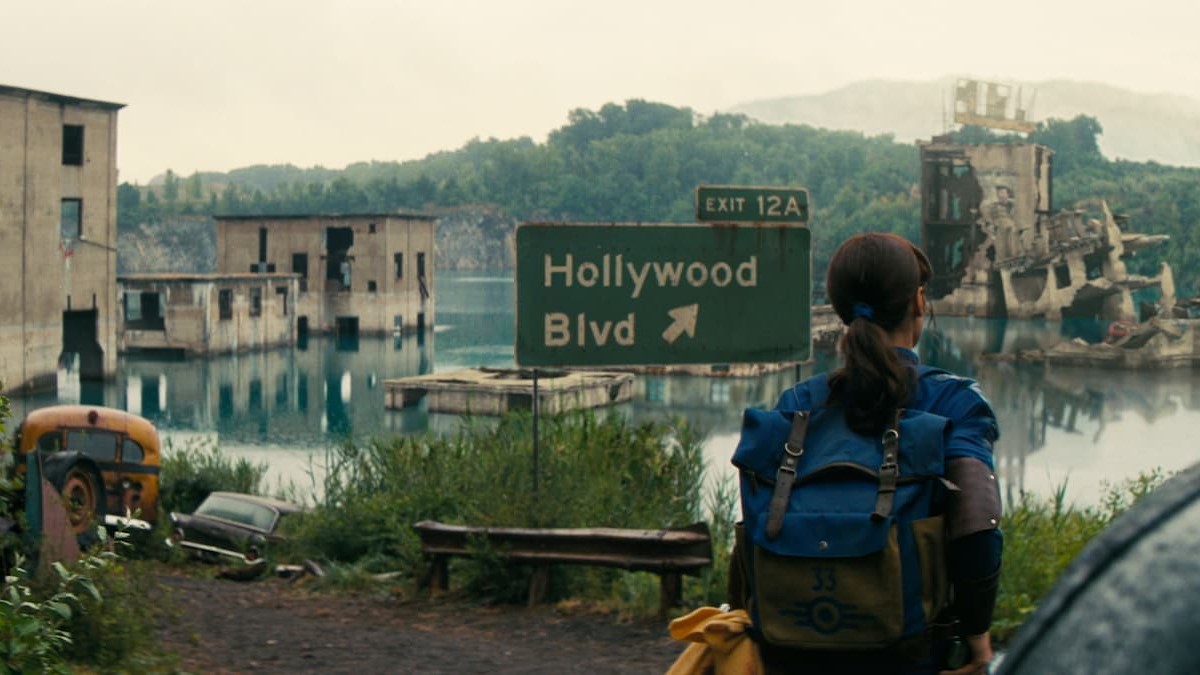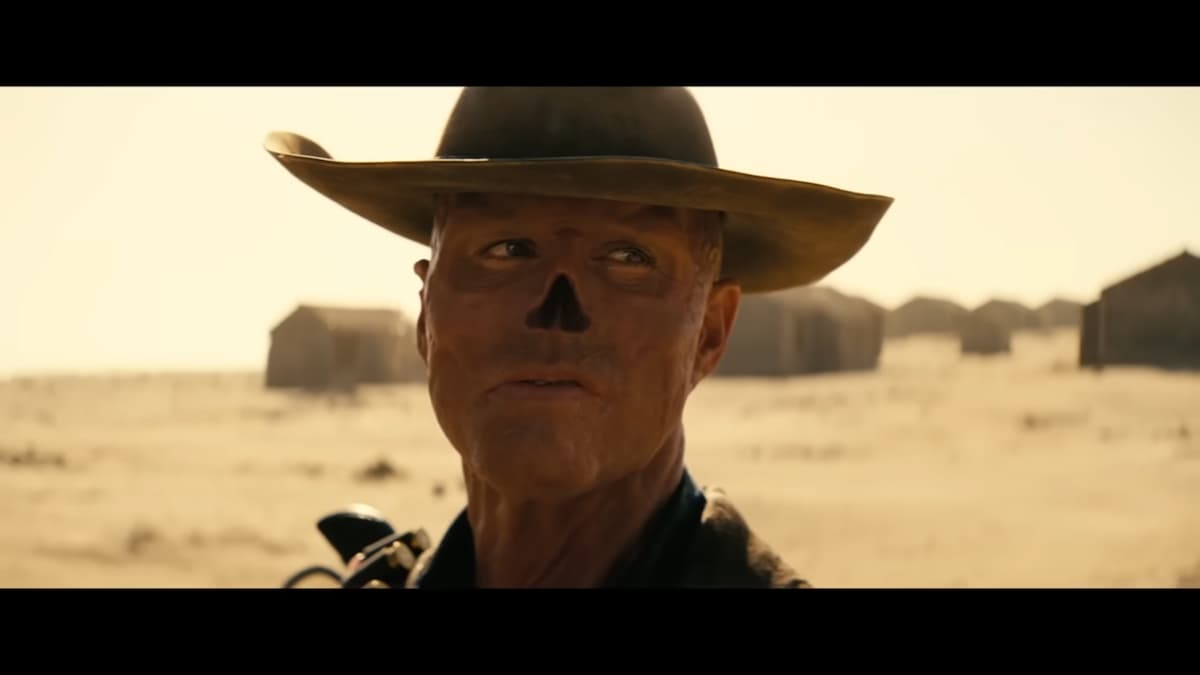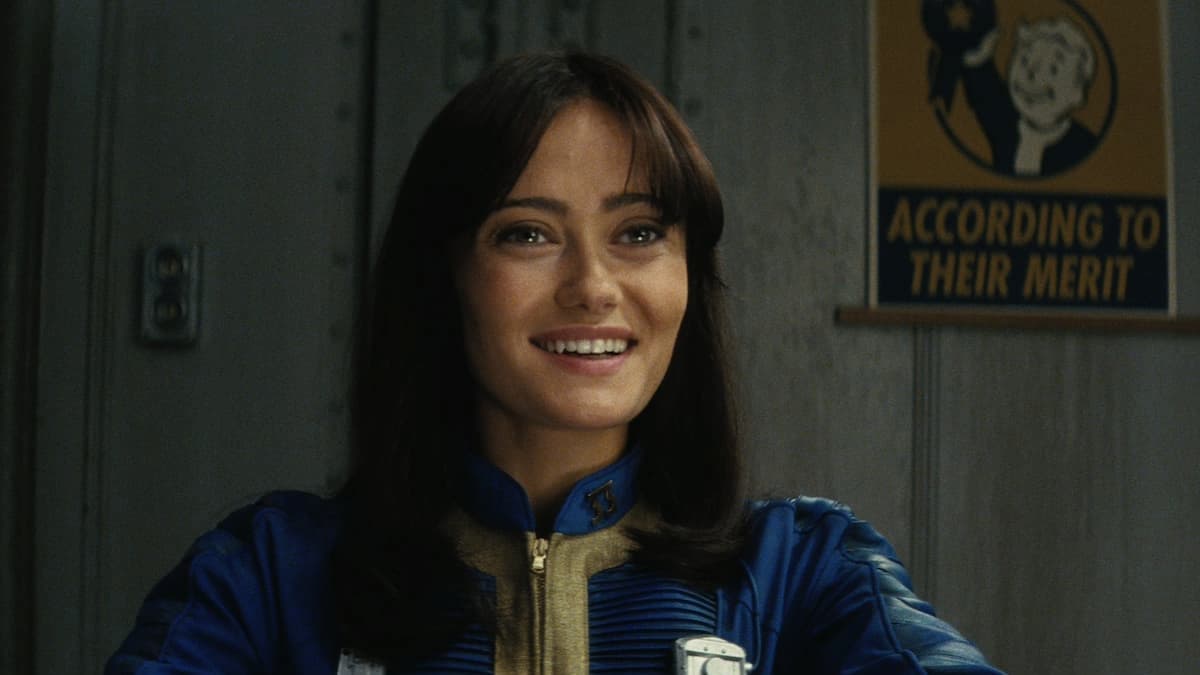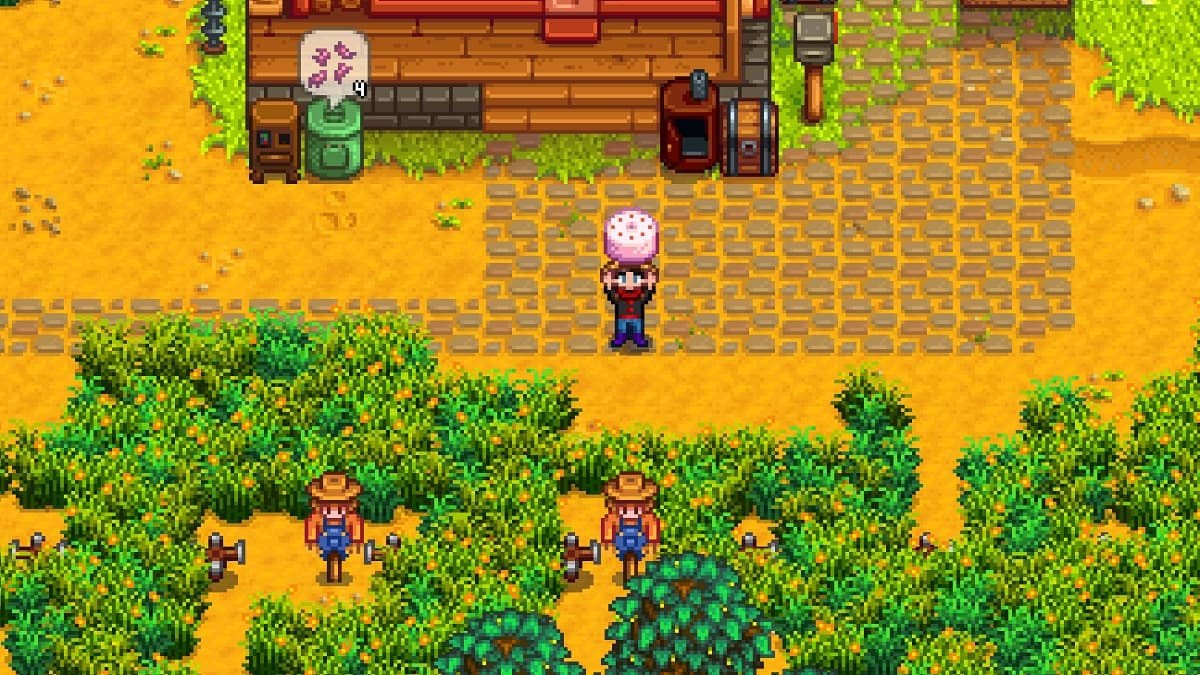More and more these days articles are popping up all over the internet about the positive effects of gaming for you. And scientific evidence abounds now that games are improving our minds and bodies, but they’re also doing so much more than that. Video games are changing our societies – they’re changing our world for the better – and here are just a few of the reasons why and how.
1. Video Games Create Problem Solvers
We’ve all been there: the last boss, the final quest, that epic piece of loot with the 0.01% chance to drop off a raid boss that’s only available for 2 hours out of every 24. Every game you play challenges you in some way, and in those challenges we lose and find ourselves. The challenge is ultimately what keeps us interested, and in video games we see a strange phenomenon best explained by Director of Games Research and Development at the Institute for the Future Jane McGonigal in her 2012 TED Talk.
A PhD. holder in performance studies, best-selling author, and video game designer Jane explains the strange paradox that exists commonly in gamers who feel like they’re just ‘not good at life’ when they excel at gaming. The irony of this paradox is that gaming makes us good at the most fundamentally important skill we can have in life: problem solving. In her alternate reality games, Jane challenges players to use their problem solving skills on real life problems such as oil shortages; dealing with depression, anxiety, and pain; or finding social changes applicable to real world problems.
Not surprisingly, the research that Jane’s games have provided has been astounding. Gamers are actually showing through their play not only the ability to solve real world problems with realistic strategies and methods but an aptitude for it! Video gamers are so adept at problem solving because, as Jane states, we view the problem optimistically. It’s fun even while it’s challenging. Just imagine: the drive of grinding to max level applied to bringing clean water to parts of the world without it, or the persistence of not giving up on that tough boss applied to curing cancer or A.I.D.S.
Jane’s research doesn’t stand alone, though. There is a plethora of research that proves video games are teaching our children to be better thinkers and more well-rounded individuals. With children on average in America spending as much time playing games each day as they do in school they are growing up motivated to solve problems with the optimism that Jane’s research has revealed to be prevalent in gamers. The high-score king of today may just be the Nobel Peace Prize winner of tomorrow.
2. Video Games Are Universally Engaging
Who doesn’t remember sitting in a classroom learning about a topic that isn’t relevant to them and listening to the lecturer drone on and on? To learn one must be engaged, but how often are we in situations where whatever is being communicated to us isn’t engaging us?
That doesn’t happen in video games. Ever. You’re engaged from the start because you want to win. In school I had a science teacher who commonly said “I see everyone’s here, but no one showed up.” He’d say that while tapping his head and leering at all the children with their heads down, napping. I paid attention and enjoyed those classes but many didn’t. Many were not engaged.
Video games engage us in ways that little else can. We must be active participants in them, and therefore every piece of information becomes a key to success – to reward. That reward is most often clearly defined and ever-present. Daunting though it may be we remain focused and engaged because it is always there right in front of us. We’re motivated to win by our engagement and involvement, which in turn causes us to engage more in order to gain every possible advantage.
Now, if we compare some real world challenges with those presented in video games we find a different kind of engagement. According to the Huffington Post, we engage with games – all of us regardless of social status, wealth, nation, or creed. Video games remove privilege and discrimination from the equation in more cases than not and allow a level of collaborative problem solving that real world societies actively work against. Movie stars, politicians, soldiers, and maybe even terrorists have worked with you at some point in time to beat that boss or get past that level.

So we can all get together to beat a game, so what? Well, that’s a valid point…if the collaborative effort stopped when you aren’t playing the game. However, the thousands of wikis for games like World of Warcraft, Dark Souls II, and Path of Exile just to name a few are proof that collaboration most often extends beyond the game. These wikis are created when players are not actively playing – they’re compilations of information that benefit the contributor none at all and only serve to help other players. In this way, video games are not only universally engaging us, but they’re also teaching us how to engage with data and spread it for no other reason than to help someone else.
We gather that information for ourselves so we can win – we win – and then? We pass it along for the next person, helping make their trials – trials we’ve been engaged in ourselves – easier. Imagine if society operated in a similar fashion on a global scale.
3. Video Games Create Communities
For a long time the stigma has been that video games create antisocial, pasty-skinned, basement dwellers, but that’s yet another myth that has been debunked a thousand times over. The reality is quite the opposite because video games are quickly becoming one of the most social activities in the world.
A friend of mine keeps a homeschooling blog I’ve already linked previously (The Journey), where she details many of the trials she faces as a nontraditional mentor for her children. Tina mentions the socialization aspect of gaming in her article, and while she writes specifically about this aspect in regard to children it’s no less prevalent in adults.
- BlizzCon 2013 saw over 26,000 attendees
- QuakeCon 2013 saw 10,000
- E3 2014 had almost 50,000 attendees
These conventions are huge social hubs for gamers to gather together and enjoy their shared interest, and the majority of those attendees are adults.

Not impressed by those numbers? Let’s talk about online communities. As we all know, MMO giant World of Warcraft has boasted subscriber numbers reaching 12 million world-wide, but according to a 2012 PC Magazine article over 400 million people world-wide played MMOs. That was 2 years ago. The number is almost definitely even higher now.
Granted, those numbers only show the broader umbrella of a community of gamers, but we don’t need to delve too deeply to notice that every game – even those going back a decade or more – has an online community. Some communities – such as big gaming clans or guilds – span multiple games. These are people who may have never even met in real life, but they’ve been part of each other’s lives for years.
Video games are bringing people together, and when you add social media into the mix suddenly the communities that games are creating become even more personal and powerful. The people you play with online – or even those who are playing the same single-player games as you – are quickly becoming more than nameless, faceless Anonymous. We have streamers like ZiggyD, PewDiePie, and VhaatiVidya who have their own communities. By simply playing and sharing the games they love, they’ve become anchors for communities whose focal point is less about the game and more about the people playing the game.

